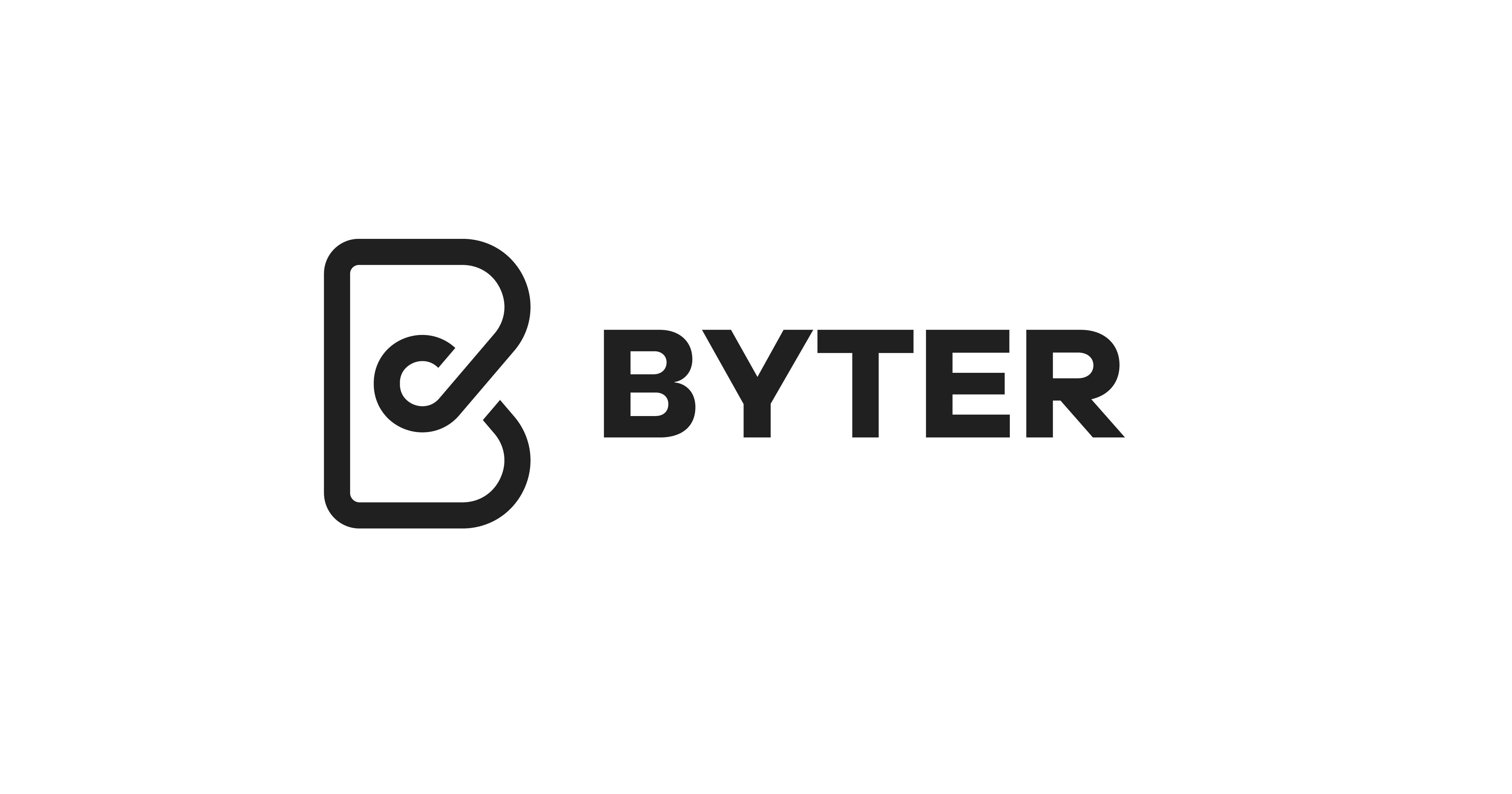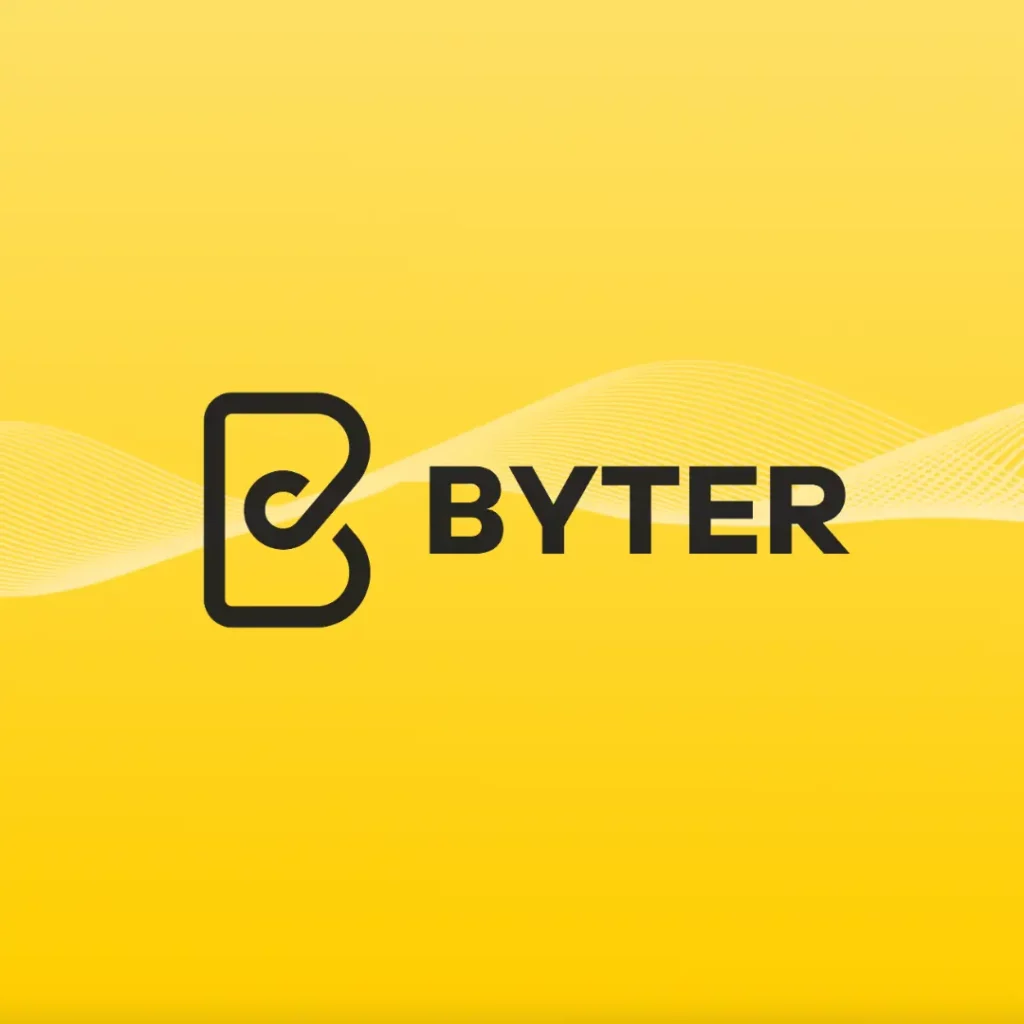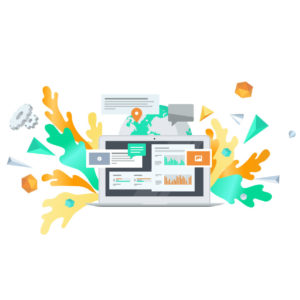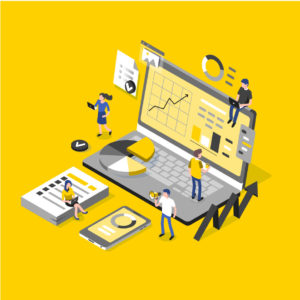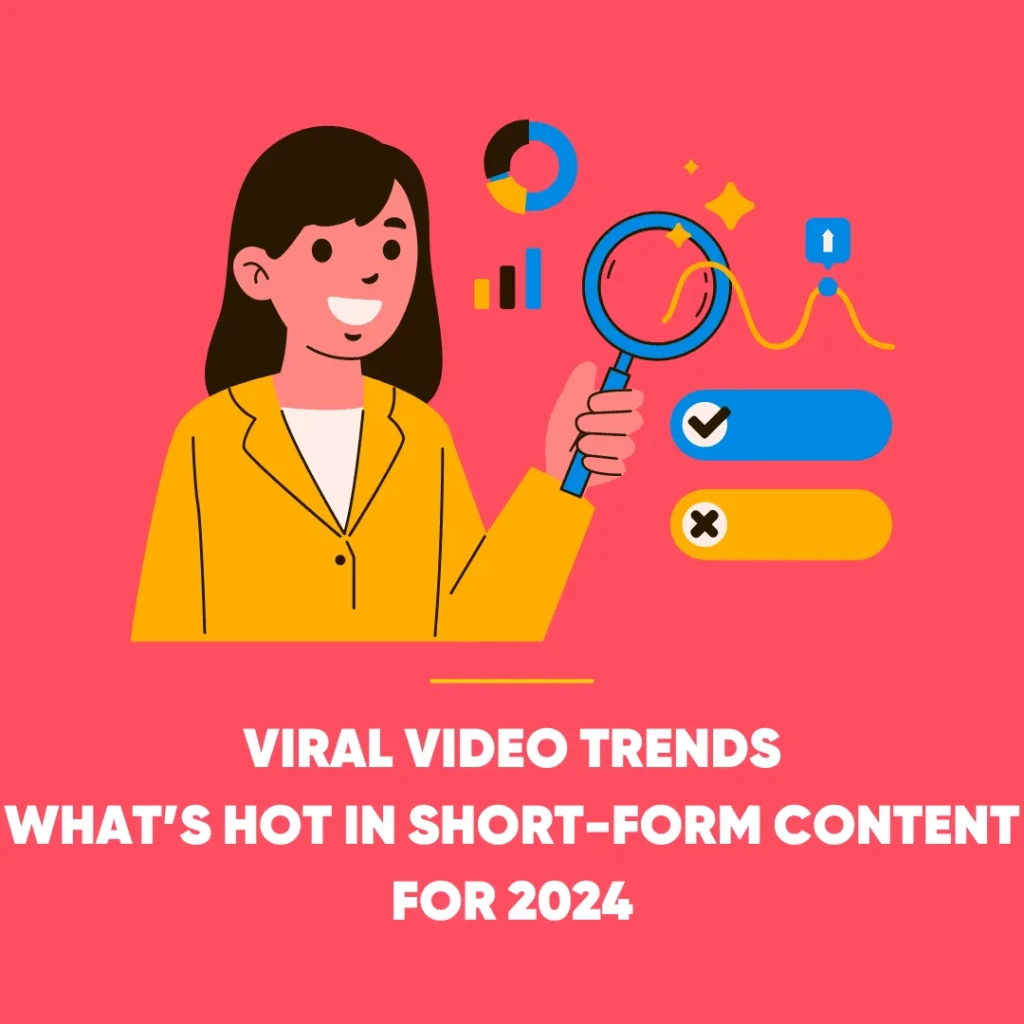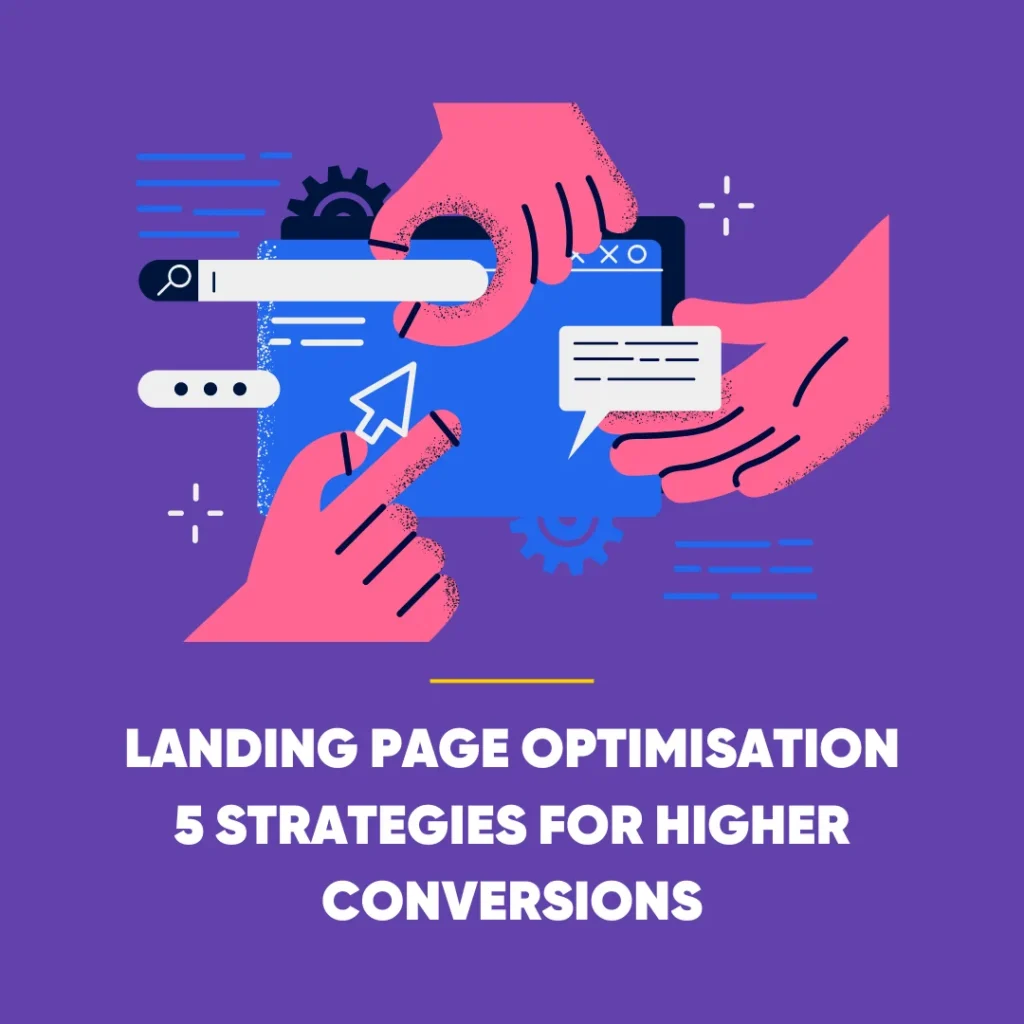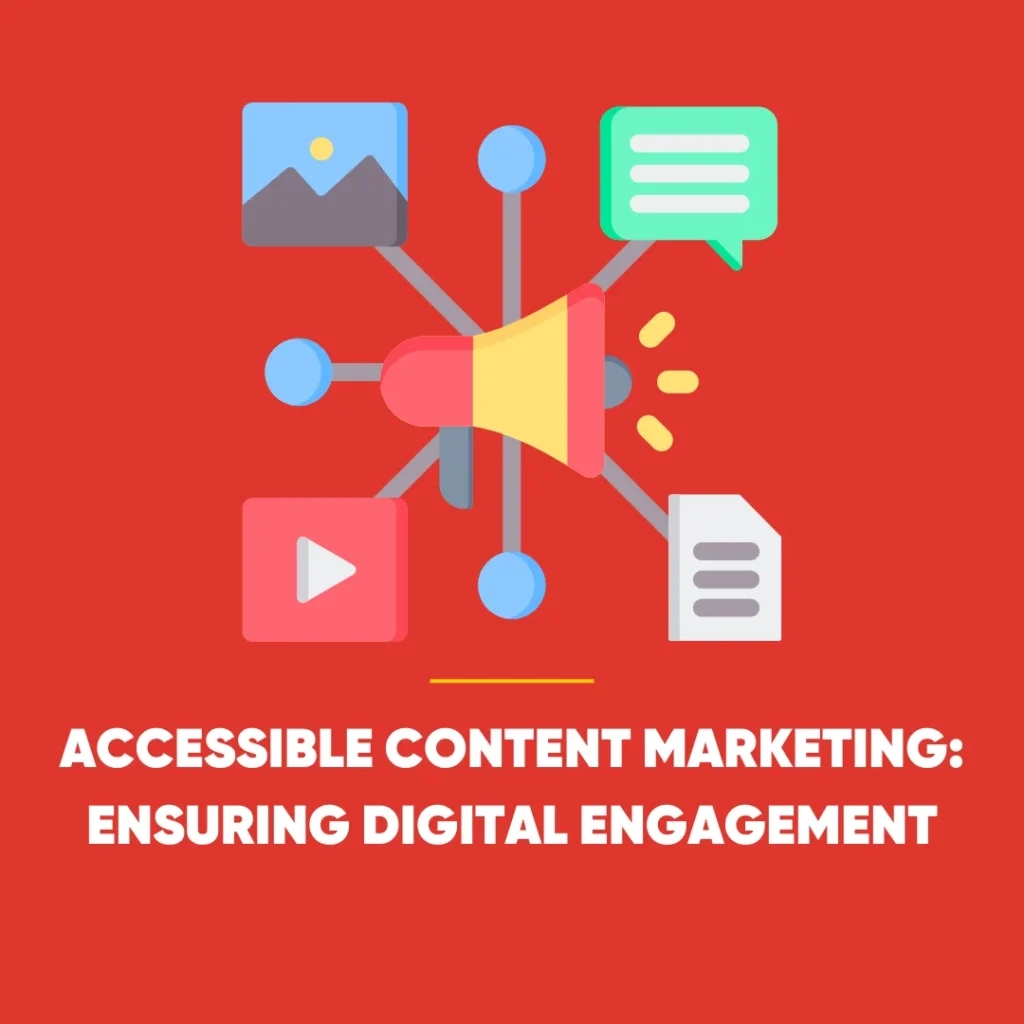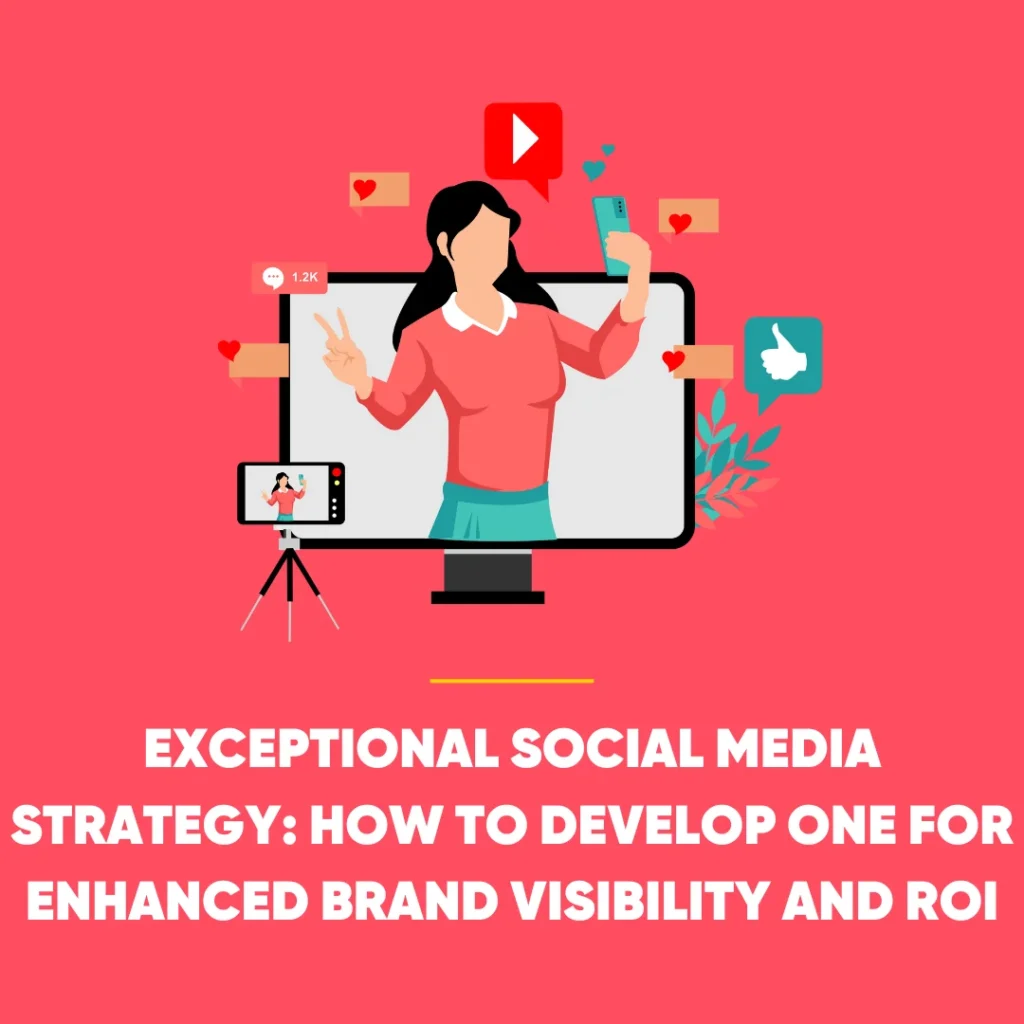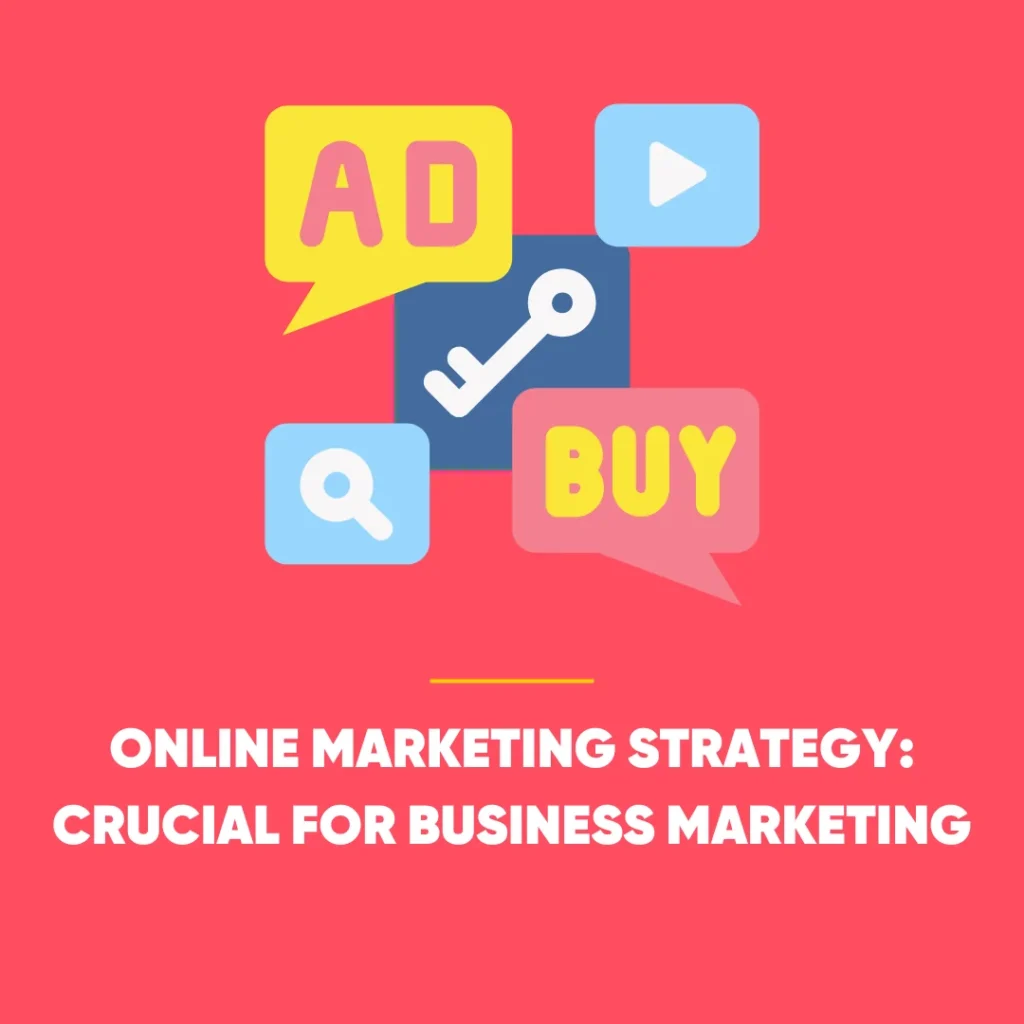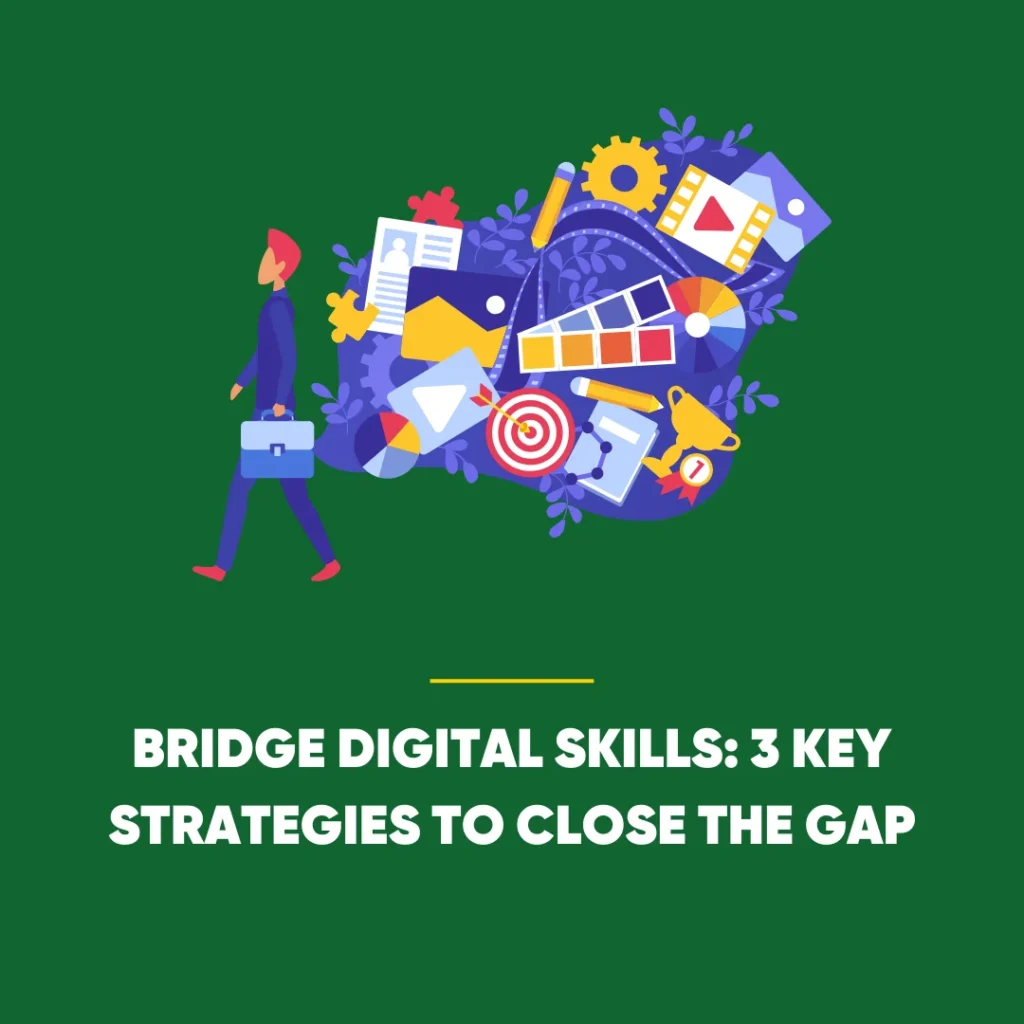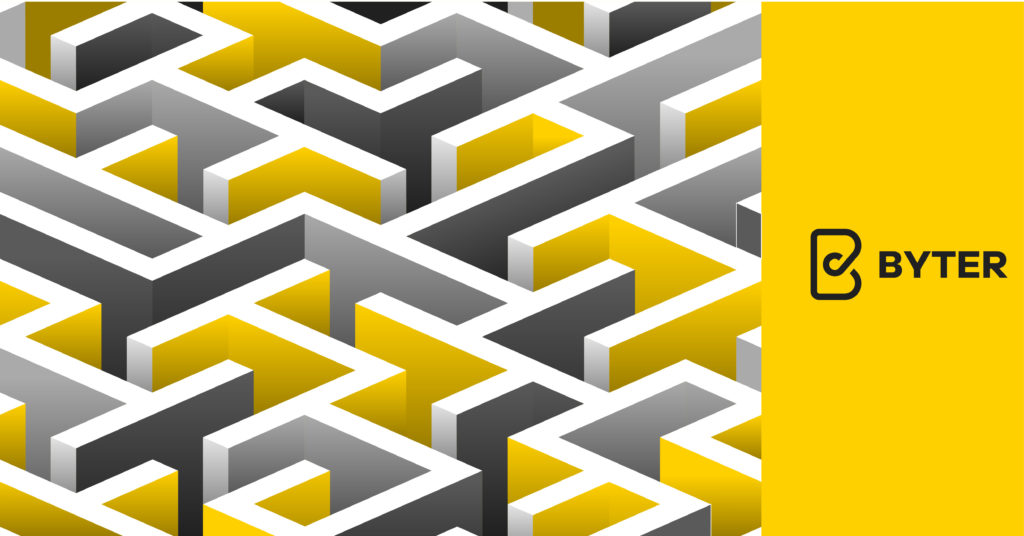
The Buyer’s Journey: What is it?
Let’s start with the HubSpot provided definition…
“The buyer’s journey is the process buyers go through to become aware of, consider and evaluate, and decide to purchase a new product or service.”
Taking this definition in account, a business is required to ask itself a series of questions:
· How do people research?
· What symptoms and problems do they face in doing so?
· How do they move between the stages of the journey?
And, in the spirit of asking questions, how about we pose another: what are these stages?
Stage 1: Awareness Stage
Here, the buyer shows symptoms of having, and realises they in fact have, a problem. At this stage, their research is designed to help them understand the problem better, allowing it to be defined, rather than looking for solutions.
Stage 2: Consideration Stage
Here, the buyer has got to grips with their problem and is researching different ways to solve it.
Stage 3: Decision Stage
Here, the buyer knows how to solve a problem and researches
the various products or services enabling them to do just that. A ‘pros vs cons’ product comparison will be made, ultimately allowing them to make a purchase.
Providing Value to Customers
Traditional outbound marketing carries with it the inbuilt flaw of being essentially unhelpful to the consumer. Shouting from the rooftops about what they ‘need’ differs greatly from the inbound marketing route which seeks to provide value by educating potential customers. By providing informative content, we see the intrinsic link to the buyer’s journey, as it gives the customer the chance to understand their problem and their options for solving it.
Content: Quality and Timing
It’s no secret that your ideal customer wants the right content at the right time. As such, businesses must try and create relevant, aligned content that is helpful to their potential audience at each stage of the buyer’s journey, ideally in their preferred format. When we take this into account, the chances of them migrating to your website is increased, allowing the opportunity to nurture the lead with more great content, maximising the likelihood of them becoming a customer.
The Proof is in the Pudding Statistics
Let’s now turn our attention to some statistics which highlight the importance of the buyer’s journey…
· 71% of B2B researchers begin with a generic search, as opposed to looking for a specific brand.
· According to forrester.com 80% of the buying process with take place without direct human interaction by the year 2020. The future is now!
· More than 16 minutes is spent comparing before making a decision-stage purchase for 65% of buyers.
· Choosing vendors delivering content appropriate for each stage of the sales process was the case for 61% of respondents to a DemandGen report.
· 52% of respondents looked at least 8 pieces of content from the winning vendor.
· The creation of a cohesive buyer’s journey is critical according to 86% of senior-level marketeers.
Leads nurtured with targeted content offer increased sales opportunities of more than 20%.
Keyword Research
Of course, what use is your website if potential customers can’t even find it? As such, your content must appear in search engine results for the relevant keywords. This is where keyword research and keyword mapping come into play. By labelling keywords through keyword research to the stages of the buyer’s journey, content can be created that ticks both the search engine and customers’ metaphorical boxes.
It’s not uncommon for businesses to hire external marketing agency consultants to help intelligently fit together the various pieces of the strategic puzzle: keyword research, keyword mapping, content design, content creation and content promotion. Whether it’s a case of internal or external resources being used, the rewards can be huge if done well.
Appropriate Content
When it comes to the actual content being produced, we must ask three important questions:
1) What should it look like?
2) What format should it take?
3) How exactly should it align to the Awareness, Consideration and Decision buyer’s journey stages?
The first two questions are heavily dependent on your buyer personas, in essence the semi-fictional projections of your ideal customers.
It’s essential to develop buyer personas otherwise you won’t be able to create targeted content in an appropriate format, whether that be charts or blog posts to give a couple of examples. Without this, it will be extremely difficult to map accurate buyer’s journey for your audience. With this, and you’re on your way to strategically creating relevant and useful content
Buyer’s Journey Example
The above table shows how the buyer’s journey might look for the cooking-specific imprint of a publishing house. The logical process ensures that it’s not overly difficult to plant content to address the problems of your audience as they move through the three stages.
It’s frequently the case that certain kinds of search terms and phrases appear at the different stages, which moves hurdles out the way during planning and ultimately leads to more helpful and engaging content being created.
Though not a definitive list, here are a number of relevant terms in each stage of the buyer’s journey:
Awareness Stage – troubleshoot, how to, resolve, risks, upgrade, improve, optimise.
Consideration Stage – solution, provider, service, supplier, tool, device, software.
Decision Stage – compare, versus/vs, comparison, pros and cons, review, test.
Remember that evaluating search terms and their motivations can be helpful when planning content throughout the buyer’s journey but try to think of them as guidelines rather than concrete rules.
Which Content Types Fit the Bill?
Try to remember that these are merely suggestions which should be changed depending on each buyer persona as well as the specific product or service you sell. It’s all about creating content that is as helpful as possible for your personas at each stage. It’s by providing real value to your buyer personas that traffic is brought to your website; the fruits of which are waiting to be enjoyed in the form of the all-important sales!
Good luck!
Byter Team
0203 978 8820
